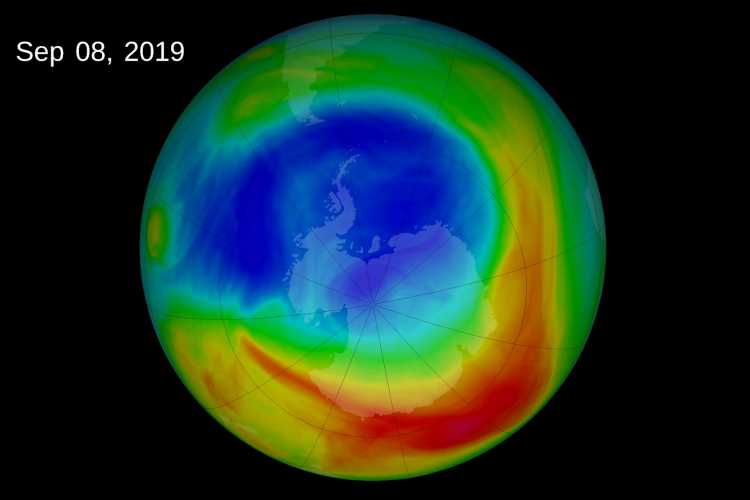
A ban on ozone depleting substances in 1987 seems to have worked. The ozone layer above Antarctica is healing, ending some worrisome changes in air currents in the Southern Hemisphere. This welcome news amid the gloom about the new coronavirus outbreak also proves that human action can restore climate patterns that have changed due to waves of industrialisation and plunder of nature.
A study published in scientific journal Nature says the Montreal Protocol of 1987 may be responsible for reversing the changes in air currents around Antarctica. The study has observed the reversal of southern jet streams, the high-altitude air currents blowing towards the pole, that had shifted their path, affecting rainfall patterns and ocean currents.
READ: World off target in global warming response, warns UN
Antara Banerjee and her colleagues at the University of Colorado Boulder used satellite data and climate simulations to study wind patterns linked to the healing of the ozone layer and found that the change is largely due to a ban on production of chlorofluorocarbons and hydrochlorofluorocarbons used as refrigerants and aerosols. Their research shows how this was not driven by natural shifts. It showed the healing of ozone layer could explain how the shift in the jet stream suddenly ended.
READ: Climate change will destroy half of world’s beaches, says report
In 1987, world nations signed the Montreal Protocol to protect the earth’s ozone layer by phasing out the production of several chemicals. The treaty came into force on January 1, 1989. It was revised in 1990, 1991, 1992, 1993, 1995, 1997, 1998, 1999, and finally in 2016.
The success of the Montreal Protocol proves that concerted global action can heal some of the damage done by industrialisation and mindless consumption patterns. This may prompt nations to act swiftly and decisively on greenhouse gas emissions that threaten irreversible climate changes.
Sajna Nair is a former banker. Her areas of interest are environment, art and culture.

